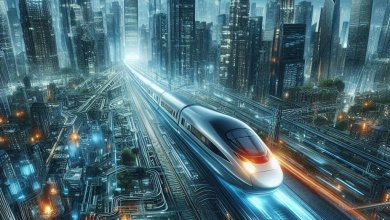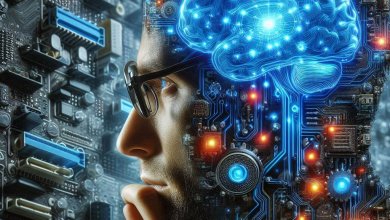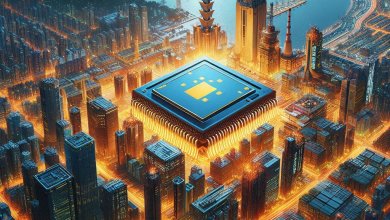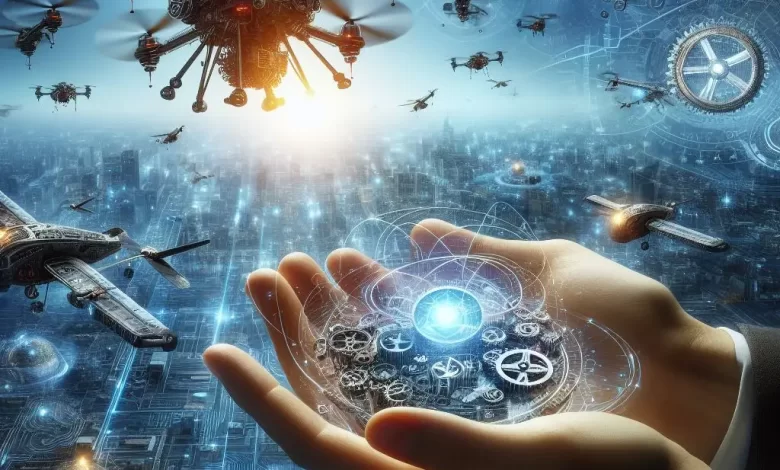
From aerial pictures to agriculture, army operations to package deal deal transport, drones—moreover known as Unmanned Aerial Vehicles (UAVs)—have revolutionized multiple industries with their advanced era. Once restricted to navy use, drone era has now grow to be to be had, bendy, and increasingly more smart, remodeling how we check, transport, and engage with the arena from above.
1. Flight Control Systems: The Brain of the Drone
At the coronary coronary coronary coronary coronary coronary heart of each drone is its flight manage device, which incorporates sensors, microcontrollers, and onboard software application software program program software that maintain balance and navigate the drone.
Modern drones use a aggregate of:
Gyroscopes to encounter angular motion
Accelerometers to diploma tempo and route
Barometers to gauge altitude
Magnetometers to decide orientation (compass)
These systems paintings together via contemporary-day algorithms, helping the drone keep a normal flight direction, hover precisely, or execute complicated maneuvers—even in windy conditions.
2. GPS and Navigation
GPS generation is essential for drones to fly with precision. Whether mapping a place or filming a shifting hassle, GPS lets in drones to:
Set waypoints and automated flight paths
Maintain feature and altitude
Return to their takeoff detail very well (Return-to-Home or RTH function)
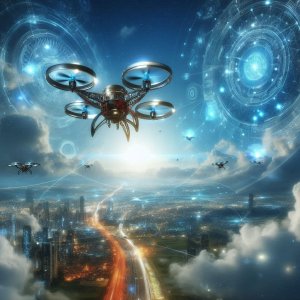
Some immoderate-prevent drones even combine GPS with GLONASS and Galileo satellite tv for pc television for pc television for pc television for computer structures for additonal right accuracy, specifically in tough environments like dense town regions.
3. Camera and Imaging Technology
One of the maximum well-known uses of drones is for aerial pix and videography. Today’s drones come geared up with:
4K or maybe 8K cameras
Gimbal stabilization systems for shake-loose pix
Infrared and thermal imaging for corporation and rescue operations
Real-time video transmission (FPV) for immersive flying evaluations
This generation has made drones critical device in filmmaking, journalism, real assets, environmental studies, and extra.
4. Autonomous and AI-Powered Features
AI is taking drone competencies to the subsequent degree. Features like:
Object detection and avoidance
Facial and object reputation
Gesture controls
Follow-me modes
are all powered by using way of manner of artificial intelligence and pc vision. This lets in drones to autonomously track subjects, keep away from boundaries in actual time, or in all likelihood make options mid-flight.
Drones utilized in agriculture and organisation employer are also organized with device analyzing algorithms to show crop health or test infrastructure, reducing the need for human supervision.
5. Battery and Power Systems
Drone generation has drastically benefited from lithium-polymer (Li-Po) batteries, which might be moderate-weight and offer immoderate power density. Innovations are continuously enhancing flight time, which currently levels from 15 to 60 mins for customer drones.
Future dispositions in sun charging, hydrogen fuel cells, and wi-fi electricity may moreover moreover furthermore fast enlarge the ones limits even similarly.
Final Thoughts
Technology in drones continues to comply at an exceptional tempo, unlocking new applications in some unspecified time within the future of fields from safety to technology.
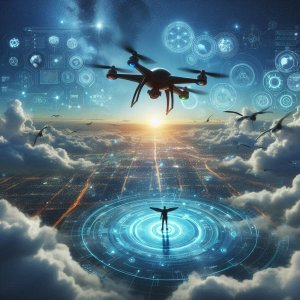
With improvements in AI, imaging, battery life, and automation, drones are now not surely flying cameras—they’re smart flying assistants. As innovation keeps to bop, drones will play an excellent greater function in shaping how we see and engage with our international from above.

